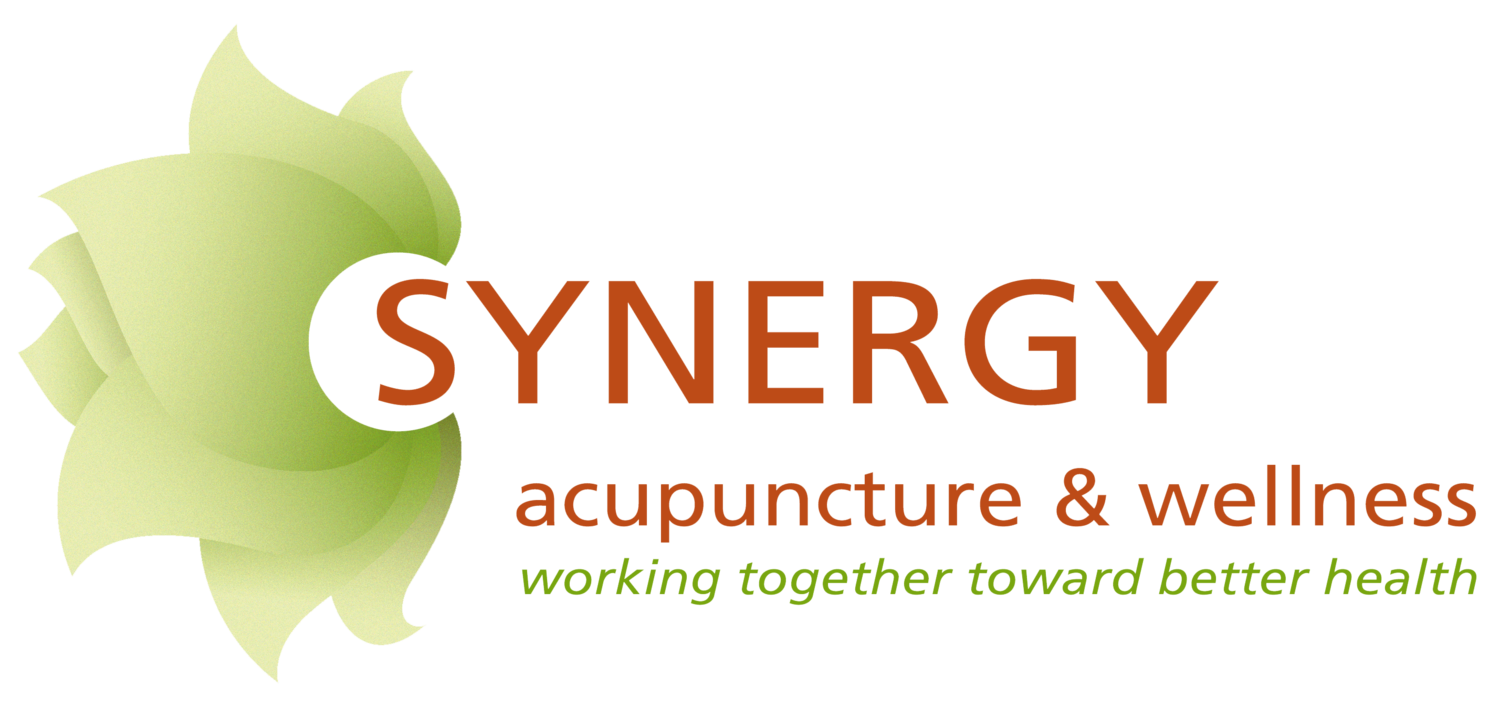With the busy Fall season upon us, I have certainly felt that I had less time than I would have liked for all of the things that I need and want to do. My colleague Kim Childs wrote a blog post that I thought was worth sharing. At the end of the day, we all could use a little more time.
Cultivating Time Affluence
by Kim Childs, CPPC
Recently, I returned early from a weekend trip to Cape Cod because my traveling companion had a Sunday appointment. While I typically stay on the Cape as long as possible and come home to jump right into the work week, this time I had a whole afternoon and evening to use as I pleased.
I took a long, therapeutic bath while listening to Brazilian jazz. I finished a book I’d been reading. Later, I made myself a delicious dinner and watched a movie. When I fell into bed that night, I was practically purring.
Those hours of bonus time felt luxurious, and even a little…decadent.
I first heard the term “time affluence” from my Positive Psychology teacher Tal Ben-Shahar, and immediately loved it. Having an abundance of time for the things I need and desire to do is one of my favorite ways to feel rich. Ben-Shahar was citing the research of psychologist Tim Kasser, who calls time affluence “a path toward personal happiness.”
The problem is, most of us don’t cultivate it in our overstuffed culture.
“We are a materially affluent society but we are a time deprived society in most places around the world,” says Ben-Shahar. “We need to slow down, because we are constantly doing too much. What we need to actually do is less rather than more if we are concerned about our happiness.”
Research by Kasser and others in the field of Positive Psychology shows that material wealth, beyond meeting basic needs and comforts, does not predict happiness and well-being. Time affluence does, as it allows us to relax, pursue and savor pleasures, and nurture the relationships that matter to us. Having some unstructured time, or “white space,” in our days also leads to more creativity at home and on the job.
"We need to be carving out white space in our life, because innovation happens in the white space,” said author and creativity consultant Todd Henry in an interview. “When we squeeze all the white space out of our lives, we're not allowing our ideas to marinate. We're not allowing them to breathe. We’re not allowing them to emerge into their full potential.”
It’s the reason that kids need time to simply play, and be. Remember how we used to do that?
Since leaving my radio news career in the late 90s, I’ve been deliberately downsizing my schedule and leaving more white space on my calendar. This, from someone who was formerly over-scheduled to within an inch of her life. Today I find that I simply need more time between things to feel sane.
It also makes me a nicer person.
I’ve shared this prescription with coaching clients and students who’ve told me that it takes some planning and getting used to in this age of distraction and addiction to busyness. It can also be challenging to protect our time from those who want some of it. That’s when “Sorry, I’m not available” becomes a phrase worth repeating, with no need to explain why all the time.
So how else do we grow richer in time? Here are some other ideas:
--Get up a bit earlier in the morning to do something that nourishes your spirit, no matter how brief or small, to set the tone for a more intentional and less reactive day.
--Step away from the computer every few hours to do something completely unrelated to work, like pet the cat, visit a garden, chat with neighbors/co-workers or do a little dance (or walk or stretch).
--Set gentle alarms that remind you to pause and breathe every few hours, perhaps adding the mantra, "There is enough time."
--Combine weekly errands in one or two days to leave other days free.
--When staring down a to-do list, ask, “What do I want to do next?” rather than, “What do I have to do next?” One of my clients told me that practicing this expanded her sense of time and increased her energy for what needed doing.
--Remember that Sunday (or whatever day off works for you) is supposed to be a day of rest and treat it that way, with devices turned off.
--Leave time at the end of the day for no electronics, save for a lamp to read, write or reflect by.
As I tell my students and clients, we often say that we don’t have time for the things we truly love and value, when the truth is that we’re likely misspending time on things that we don’t. Try tracking where your time is actually going, and reclaim chunks for what you'd really like to be doing.
“Time is a created thing,” wrote Chinese philosopher Lao Tzu. I invite you to cultivate more time and space in your life, for your greatest happiness and truest wealth.
Kim Childs is a certified life and career coach specializing in Positive Psychology, creativity and soulful living. Click here to learn more and schedule a free initial consultation in person or over the phone or Skype.
